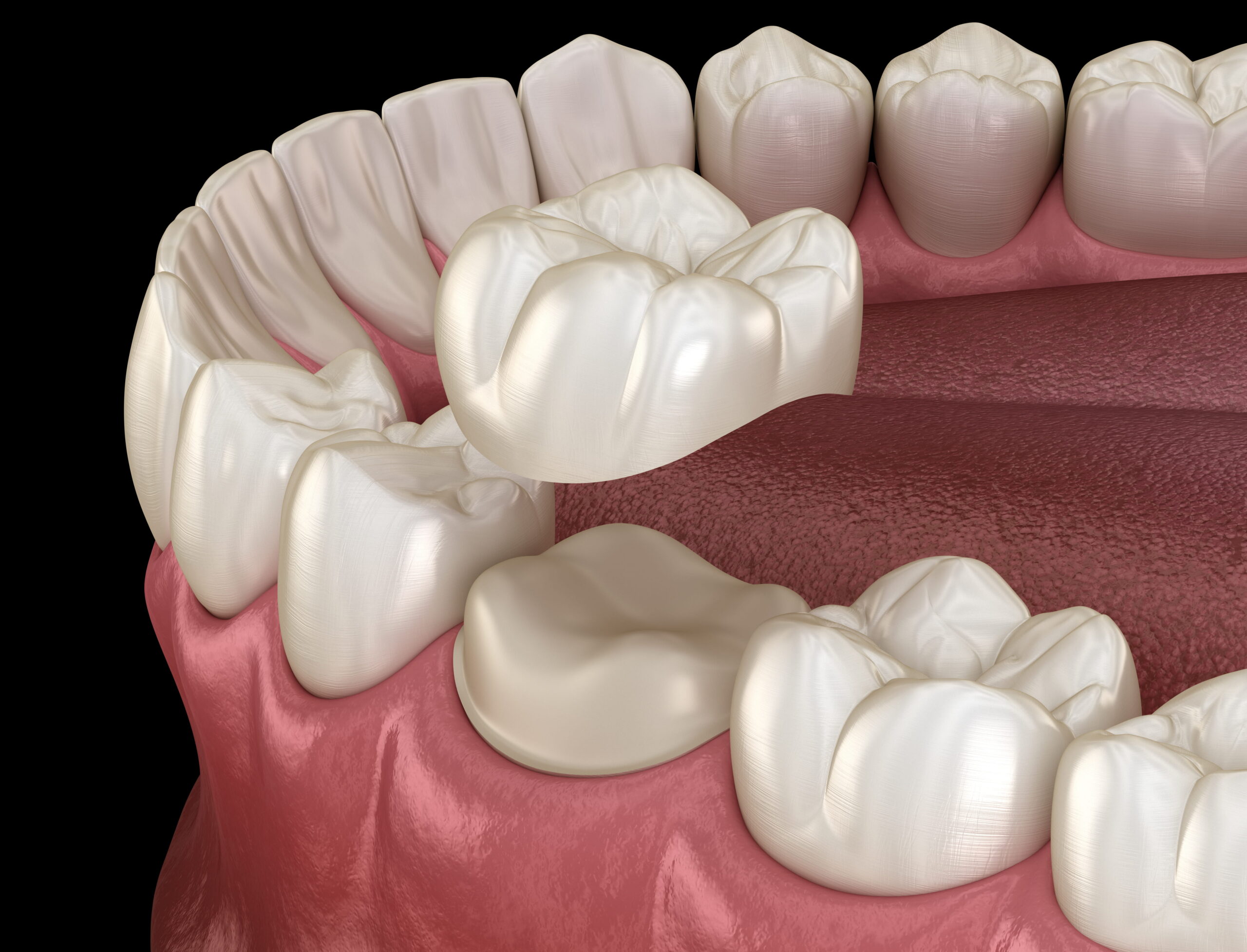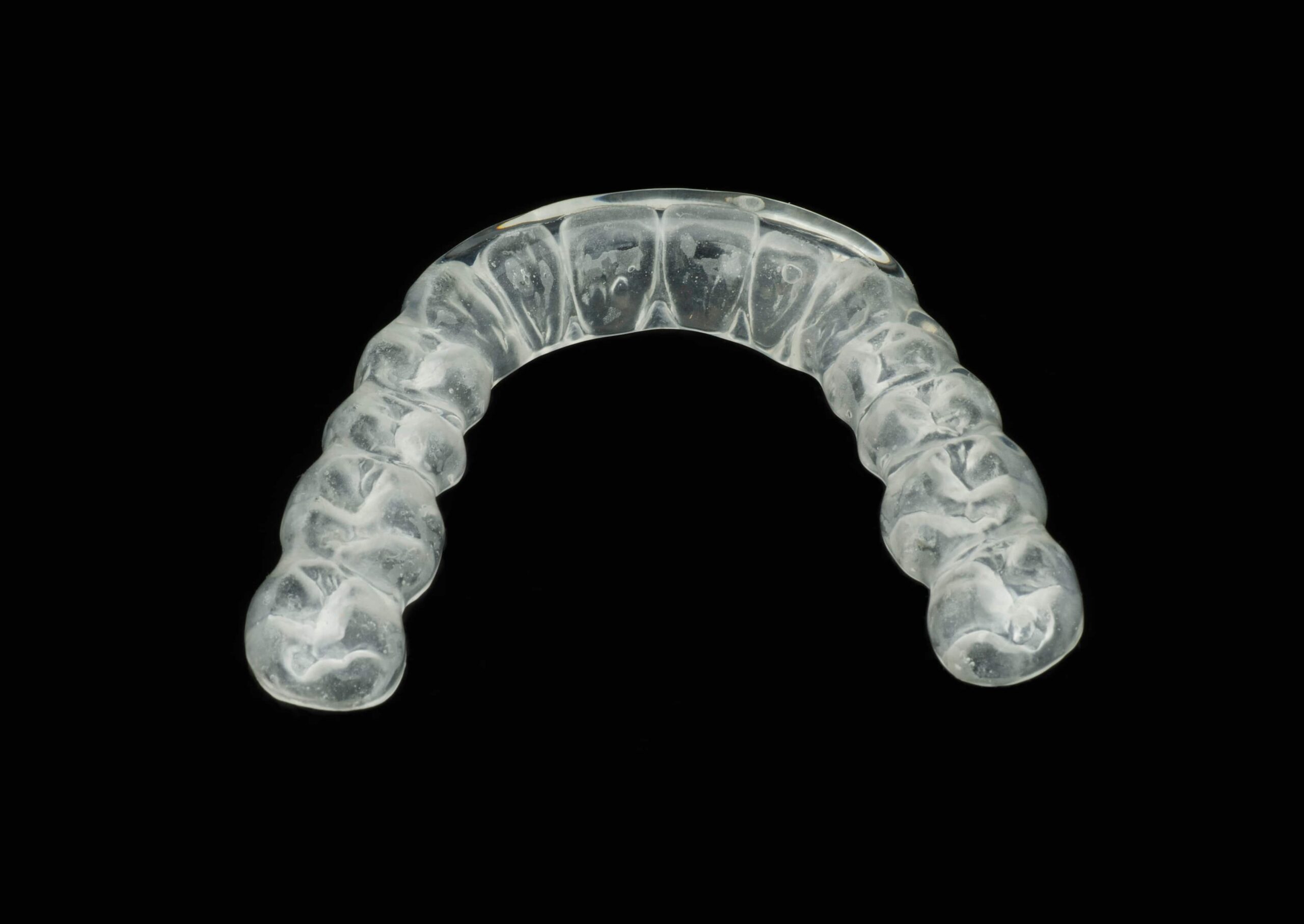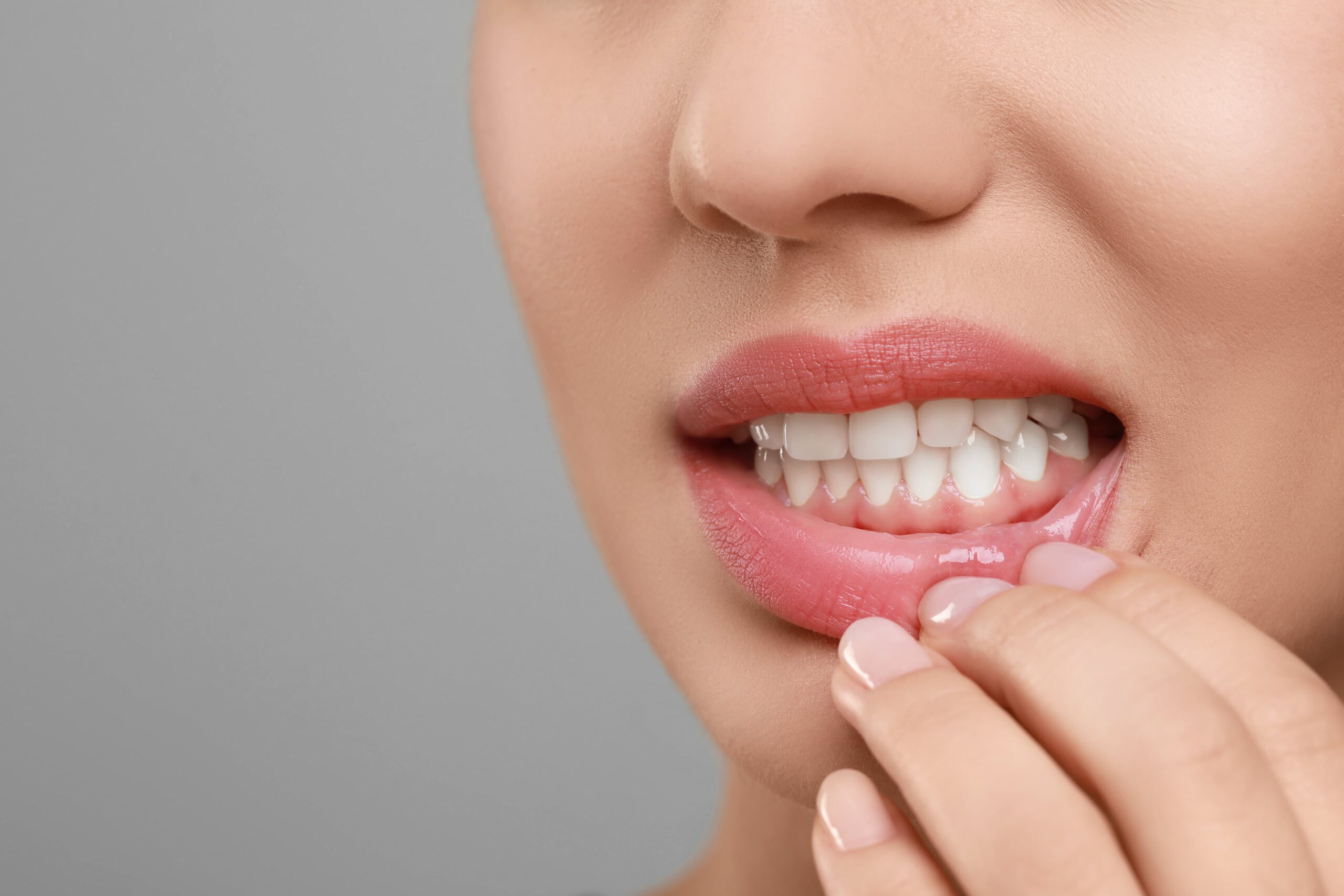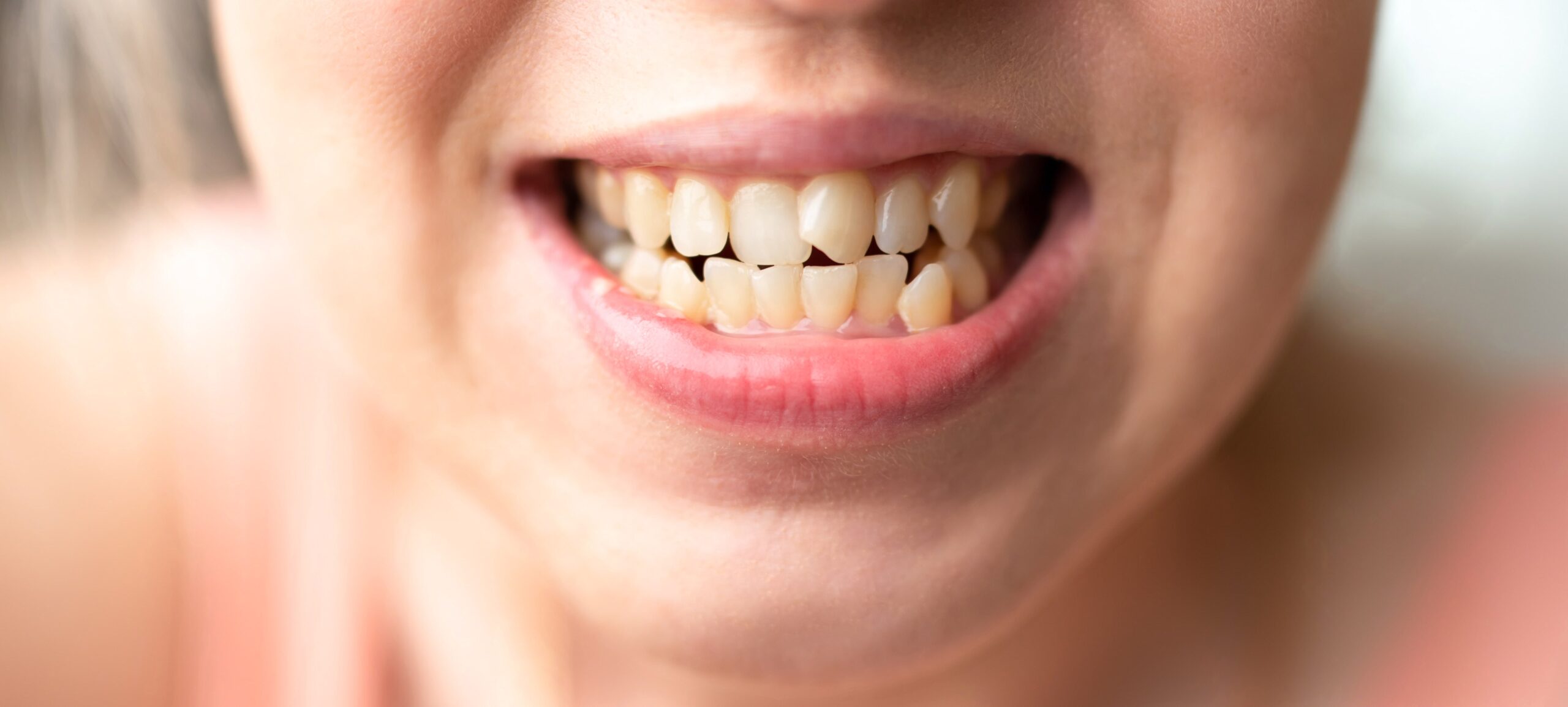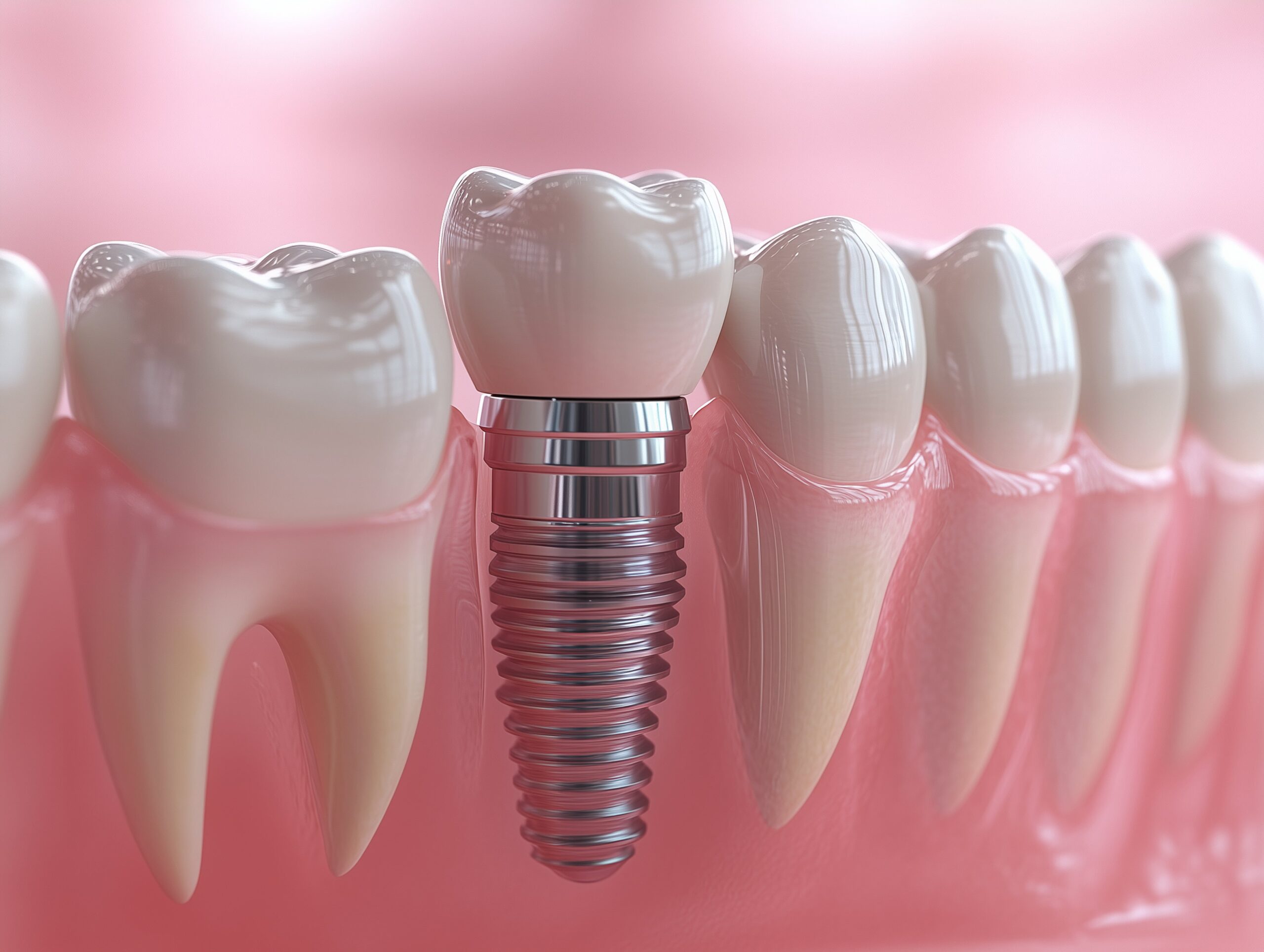Local Anesthesia Treatment in Murrieta
Sometimes dentists need to do more in-depth work than your regular cleanings & exams. Due to the sensitivity of your teeth & gums, some treatment may require local anesthetic medication to cause numbness.
You may have heard of dentists using Novocain to numb patients’ mouths, but Novocain is not actually used anymore. Modern dentists use much safer & more effective drugs such as lidocaine. These are usually combined with other substances such as vasoconstrictors to increase the effectiveness & duration of the anesthesia.
There are two kinds of local anesthetics that dentists use to numb your mouth. The first is called a topical anesthetic, which is swabbed over a small area on the surface of your mouth or gums. In most cases, this is used to numb the area where the dentist plans to inject the other kind of local anesthetic. The injectable anesthetic is what we rely on to keep you comfortable & pain-free.
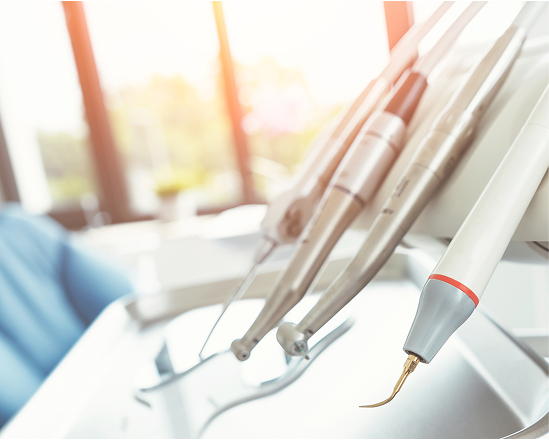
What Is Local Anesthesia?
Local anesthesia is used to make a very small, specific area of your body temporarily unable to feel sensations, including pain. Examples of procedures requiring local anesthesia include fillings, crown placement & root canals.
A local anesthetic works by blocking nerve cells in a specific area from sending pain signals to your brain. You can expect this numbness to last for two to four hours, which means you will probably still feel residual numbness after your appointment.
Before you undergo a procedure requiring local anesthesia, we will ask for information regarding any allergies & the medications you take. There is a possibility you might need a different formula if you have certain medical conditions. Call us if you have concerns or wish to know more about how we use local anesthesia.
What To Expect
Despite the numbness from the topical anesthetic, some patients feel a stinging sensation from the injection & think it isn’t working. In reality, this feeling is caused by the anesthetic drug entering the body & beginning to work. The stinging subsides within several seconds.
Side Effects
Local anesthesia does have side effects, but they are usually not serious. One well-known side effect is a temporary rapid heartbeat, which can happen if the local anesthetic is injected into a blood vessel. One of the chemicals used in the local anesthetic injection, epinephrine, can travel directly from the blood vessel to the heart. You may also know epinephrine by its other name: adrenaline. It is a naturally occurring substance in your body that can rapidly increase your heart rate. The fast heartbeat it causes can be alarming, but it is not dangerous & should return to normal in a matter of seconds.
Numbness
The numbness from local anesthesia will take a couple hours to wear off, which may inhibit proper speaking & eating. After your appointment, you’ll need to be careful about biting & chewing—you could bite your tongue or cheek & not feel it! You may also experience temporary swelling or drooping of parts of your mouth or face. Some patients find themselves unable to blink, though this is not something to worry about. The dentist can tape your eye shut so it won’t dry out. You’ll be able to blink normally again as soon as the anesthetic wears off.
Meet Your Murrieta Dentist
Daniel B. Pulsipher, DDS – Daniel B. Pulsipher, DDS, is a graduate of the University of Loma Linda School of Dentistry. He has also received extensive training in cosmetic dentistry, rotary endodontics and removable prosthodontics (dentures). Dr. Pulsipher is a member of the American Dental Association, Academy of General Dentistry, California Dental Association, International Association for Orthodontics & the Tri-County Dental Society.
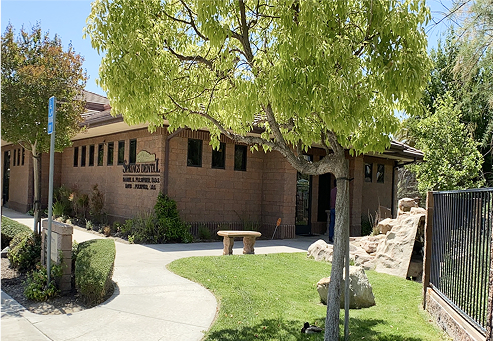





5-Star Murrieta Dental Services
We make it fun for children to visit their dentist in Murrieta.
Get relief from dental anxiety for comfortable dental procedures.
Straighten teeth with a wide-range of options from Invisalign to traditional braces.
Reshape your gum line with gum contouring to fix gummy smiles and small teeth.
Replace a missing tooth, several teeth, or an entire arch of teeth with All-on-4 dental implants.
Diagnotics and solutions for tooth and gum infections including root canals and gum disease treatment.
Visit Springs Dental



We are located in the Murrieta Springs Professional Park off Murrieta Hot Springs Road.
Hours
~ Daily lunch break 12 Noon–1pm



5-Star Google Reviews
Trustindex verifies that the original source of the review is Google. I can’t say enough great things about Springs Dental and Dr. Pulsipher! From the moment you walk in, you’re greeted with a warm, welcoming atmosphere and a team that truly cares. Dr. Pulsipher is not only incredibly skilled, but he also takes the time to explain everything and make you feel completely at ease. The entire team is professional, friendly, and genuinely dedicated to making your experience as comfortable and positive as possible. I would highly recommend anyone looking for a dentist to visit Springs Dental – you won’t be disappointed!Posted onTrustindex verifies that the original source of the review is Google. I've been a patient at Springs Dental for over 20 years. I’ve tried two other dental offices due to insurance issues, but I always come back, even when I have to pay out of pocket. Springs Dental operates with integrity, which is uncommon these days. They genuinely care about their patients rather than simply focusing on making money.Posted onTrustindex verifies that the original source of the review is Google. Great service as usual. Great staff and Dr Dan is the best!Posted onTrustindex verifies that the original source of the review is Google. Friendly staff & always with smiles to welcome their patient’s.Posted onTrustindex verifies that the original source of the review is Google. Great staff. Very thorough in all explanations of cost and procedures.Posted onTrustindex verifies that the original source of the review is Google. Great staff!!!!Posted onTrustindex verifies that the original source of the review is Google. Excellent dental care. Friendly and very competent.Posted onTrustindex verifies that the original source of the review is Google. Everyone at this dental facility treated me with so much care. I have had bad dental experiences in the past that left me terrified. I felt safe, comfortable and in capable, professional hands. This was the best dental experience I have ever had in 40 yrs! The technology in this office is like no other. They gave me a crown in a few hrs. Simply amazing! God bless Springs Dental!Posted onTrustindex verifies that the original source of the review is Google. Excellent experience!!!!Posted on
Insurance & Financing

We love your insurance and respect your budget and busy schedule. There are little to no out-of-pocket costs for most insured patients on cleanings, exams and x-rays.
0% financing is available on approved credit. While most insured families receive the majority of preventive services for FREE, we offer many different payment options, including CareCredit, so uninsured patients can still receive the dental care they need in a manner that fits their budget.
Blog Articles
Dental crowns are one of the most common and versatile restorative treatments in dentistry, yet
Dental pain and unexpected oral injuries can be unsettling, especially when they happen outside of
If you have ever woken up with a sore jaw or noticed flattened spots on
A bright, confident smile is something many people dream about—and cosmetic dentistry can make that
Crooked teeth are one of the most common reasons people hesitate to smile. Even when
Dental implants have transformed modern dentistry by giving patients a permanent solution for missing teeth.
Frequently asked questions
How long do dentist appointments take?
Routine dental appointments, like teeth cleanings and dental checkups, take 45 minutes to an hour. Procedures like fillings, crowns, extractions, and dental implants can take up to two hours, depending on the complexity.
When should I go for an emergency dentist in Murrieta?
Come into Springs Dental for a same-day emergency dentist in Murrieta when you’re experiencing:
-
Severe tooth pain that doesn’t go away
-
A broken, chipped, or knocked-out tooth
-
Swelling in the gums, face, or jaw
-
Bleeding that won’t stop after a dental injury
-
A lost filling, crown, or dental appliance causing pain or sensitivity
-
Signs of infection, like a bad taste in your mouth, fever, or pus
If you’re ever unsure, call us and we will guide you on what to do next.
How long do dental implants last?
Dental implants can last a lifetime with good oral hygiene and regular dental checkups. A dental implant has three parts: the titanium post, the abutment, and the crown. While the post is typically permanent, the crown may need replacement after 10–15 years due to normal wear.
How long does Invisalign take in Murrieta?
Invisalign treatment takes between 6 and 18 months, depending on the complexity of your case. Mild tooth alignment issues take 6 to 12 months, while more advanced corrections can take over a year.
Do you do payment plans?
Yes, we have several options for payment plans and offer CareCredit so you never have to delay getting the dental treatment that you need.


